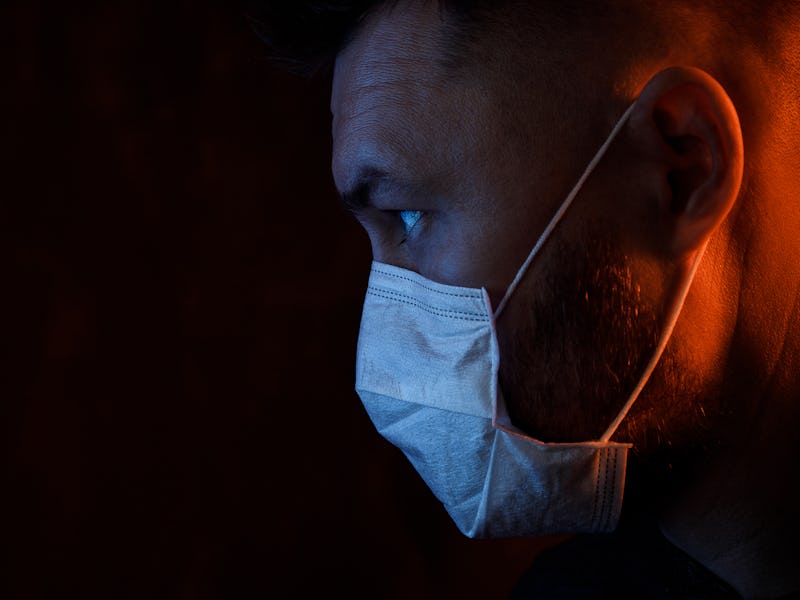Men and Covid-19: Why they're getting hit harder
In this episode, we discuss how the coronavirus seems to make men sicker than women.

Over the course of the pandemic, it’s become alarmingly clear that men, especially older ones, are getting sicker and dying from Covid-19 more often than women. But why the male population has been hit harder isn’t well understood.
As scientists look to hormones, biology, and behavior for clues, a breakthrough study gets closer to explaining this puzzling Covid-19 gap between the sexes. The latest evidence suggests women may have a more robust immune response and brings scientists closer to understanding how our defense systems take on the disease.
In this episode of The Abstract, we discuss how the coronavirus seems to make men sicker than women.
Our first story is about the troubling data that reveals Covid-19 is killing more men than women. After pulling apart the complicated factors driving the sex breakdown, scientists have zeroed in on four specific theories. With this growing evidence, experts remain hopeful about developing better treatment options for men and women along the way.
Our second story examines how immune system differences may be skewing male Covid-19 fatality rates. While researchers argue that factors beyond biology have to be considered, understanding these immune differences could help us find new ways to fight the disease.
Read the original Inverse stories:
- Study pinpoints 2 critical factors driving male Covid-19 fatality rates
- Why is Covid-19 killing more men than women? Scientists have 4 theories
- "Exciting" study explains why men are more vulnerable to coronavirus
Where to find us:
- Subscribe to The Abstract wherever you listen to podcasts: iTunes | Spotify | TuneIn | RadioPublic | Stitcher
- Follow Sarah Sloat on Twitter
- Follow Ali Pattillo on Twitter
- Follow Inverse on Twitter
- We're hosted and produced by Tanya Bustos
—
Right now, facts and science matter more than ever. That's part of the reason for The Abstract, this all-new podcast from the Inverse staff that focuses exclusively on science and innovation. Three new episodes are released a week, and each covers one theme via two related stories. Each features audio of original Inverse reporting, where the facts and context take center stage. It's hosted by the Tanya Bustos of WSJ Podcasts. Because we're Inverse, it's all true but slightly off-kilter. It's made for people who want to know the whole story. —Nick Lucchesi, executive editor, Inverse
This article was originally published on